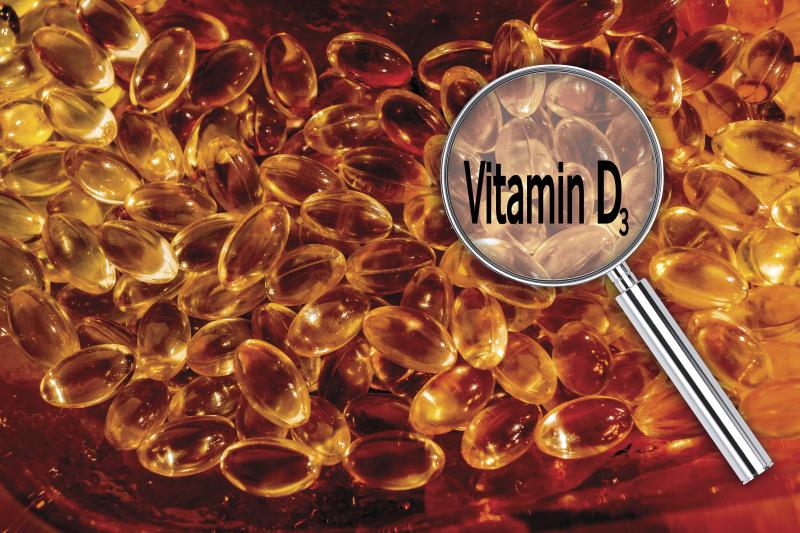
Daily vitamin D supplementation with either 2,000 or 800 IU dose results in lower mean systolic blood pressure (SBP) over 2 years to a “small and similar extent,” but 2,000 IU reduces mean SBP variability more significantly than 800 IU, results of a recent study have shown.
“However, without a placebo control group we cannot ascertain whether vitamin D supplementation effectively reduces BP,” the authors said.
To determine if daily vitamin D supplementation with 2,000 IU is more effective than 800 IU for BP control among older adults, a randomized double-blind, ancillary trial was conducted. A total of 273 adults aged ≥60 years who underwent elective surgery due to severe knee osteoarthritis were enrolled and randomly assigned to receive high-dose (2,000 IU) or standard dose (800 IU) daily vitamin D3 for 24 months. Outcomes analysed were daytime and 24-h mean SBP.
Moreover, the authors examined BP variability and serum 25-hydroxyvitamin D concentration in a posthoc and observational analysis.
Two hundred fifty participants (mean age, 70.4±6.4 years; 47.2 percent men) completed a follow-up 24-h ambulatory BP monitoring. No statistically significant difference was found in daytime mean SBP reduction between the 2,000 IU (n=123) and 800 (n=127) groups (–2.75 vs –3.94 mm Hg; difference, 1.18 mm Hg, 95 percent confidence interval [CI], –0.68 to 3.05; p=0.21), consistent with 24-h mean SBP.
However, the 2,000 IU dose led to a significant reduction in SBP variability compared with the 800 IU vitamin D3 (average real variability, –0.37 vs 0.11 mm Hg; difference, –0.48 mm Hg, 95 percent CI, –0.94 to –0.01; p=0.045).
“Independent of group allocation, maximal reductions in mean BP were observed at 28.7 ng/mL of achieved serum 25-hydroxyvitamin D concentrations,” the researchers said.